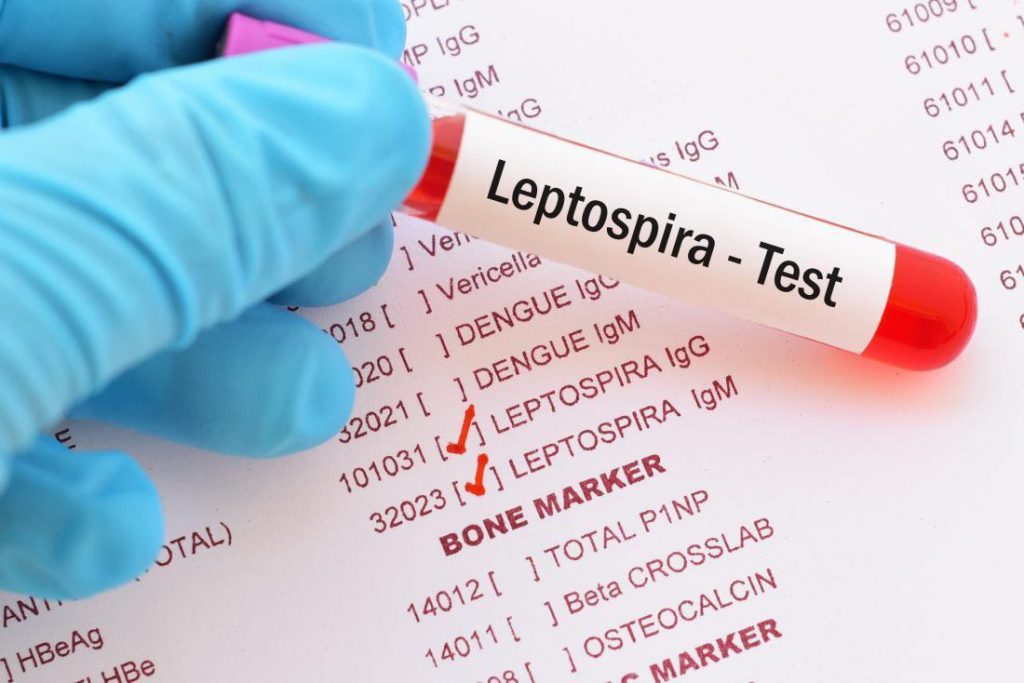Over the past 47 weeks there have been fifteen (15) confirmed cases of Leptospirosis in St. Vincent and the Grenadines. Of this number, eighty (80) percent of cases occurred in males. Further, 73.3% of cases occurred in males aged 25-66 years old.Leptospirosis is a bacterial disease that affects both humans and animals. Humans become infected through direct contact with the urine of infected animals or with a urine-contaminated environment. Person-to-person transmission is rare. Rodents are implicated most often in human cases. It is therefore important to prevent the harborage of rodents on your premises.Prevention strategies of human Leptospirosis include:
- Trimming overgrown vegetation and overhanging trees
- Proper storage and disposal of garbage
- Feeding pets during the day and properly disposing of all remaining food
- Avoid consuming foods (including fruits, vegetables and ground provisions) suspected to have been bitten by, or contaminated with, the droppings of rodents
- Elimination of rodents through the use of baits and traps.

